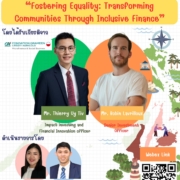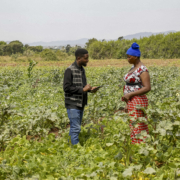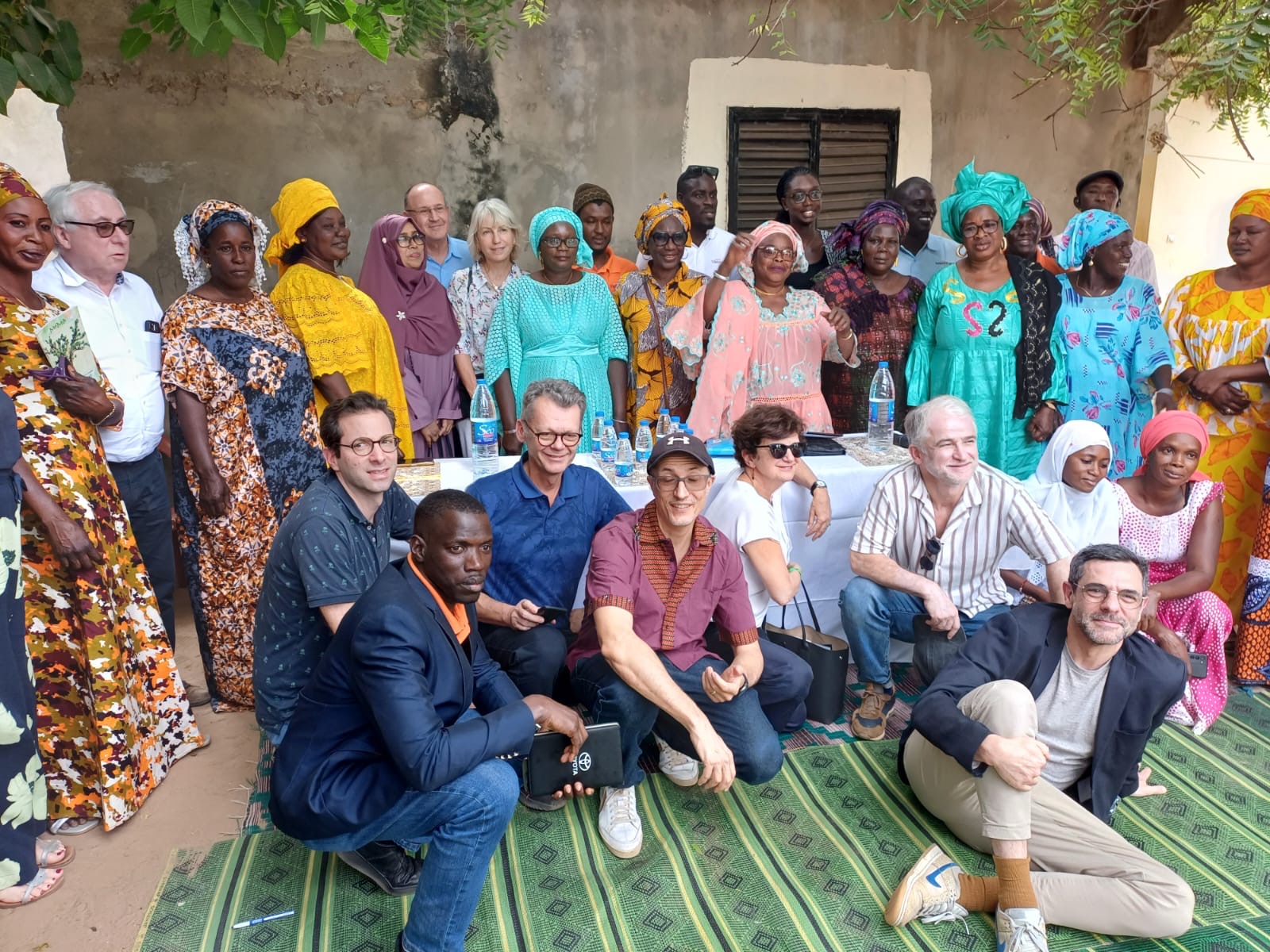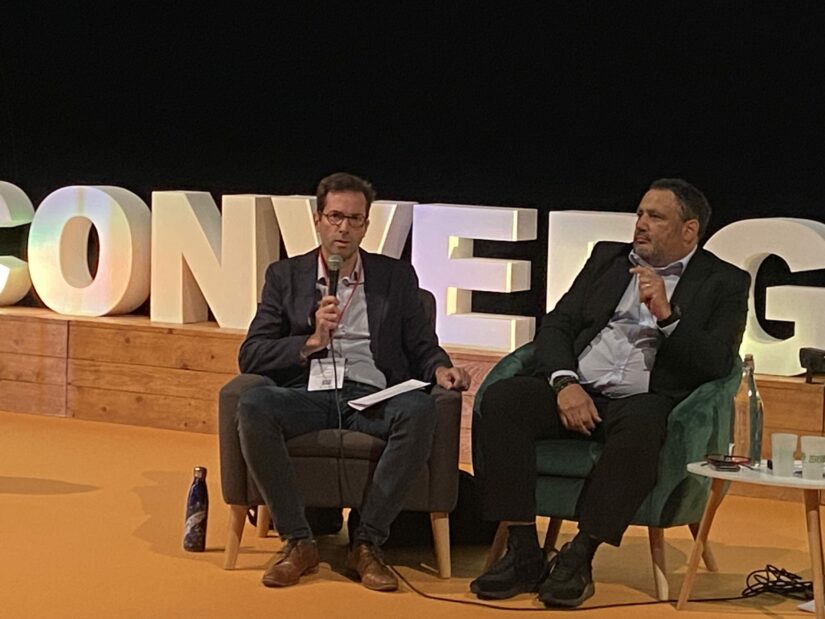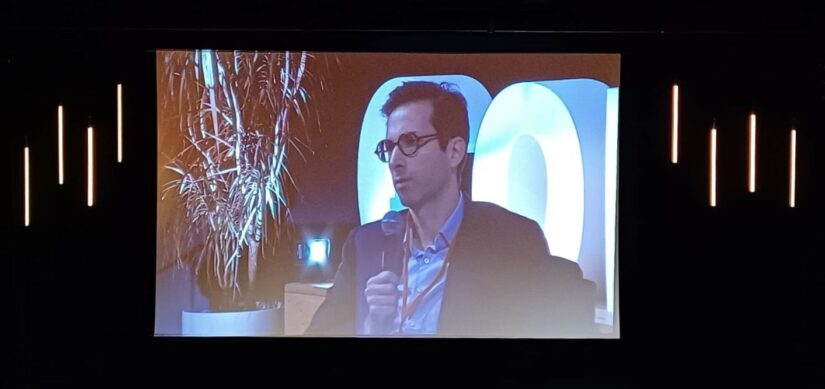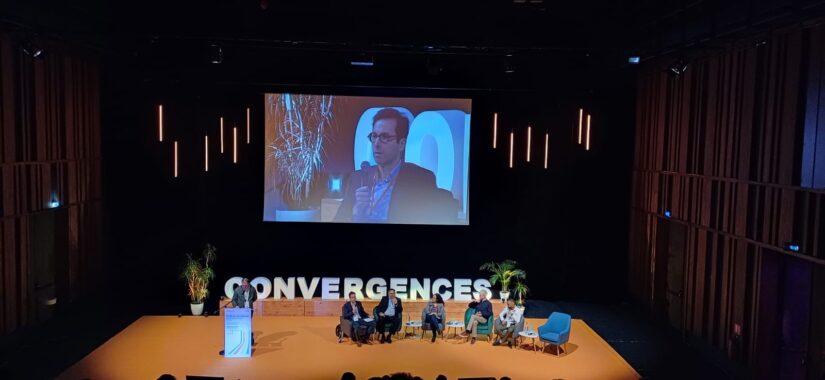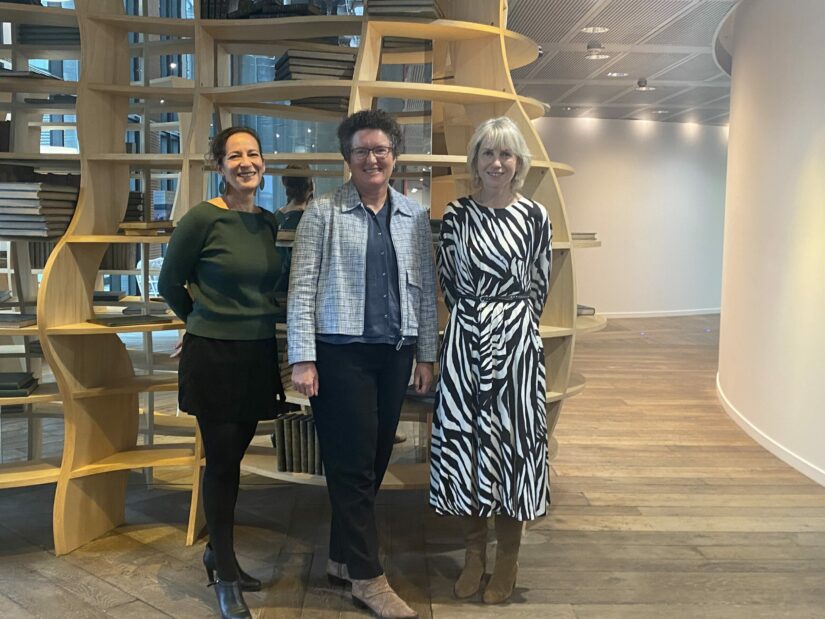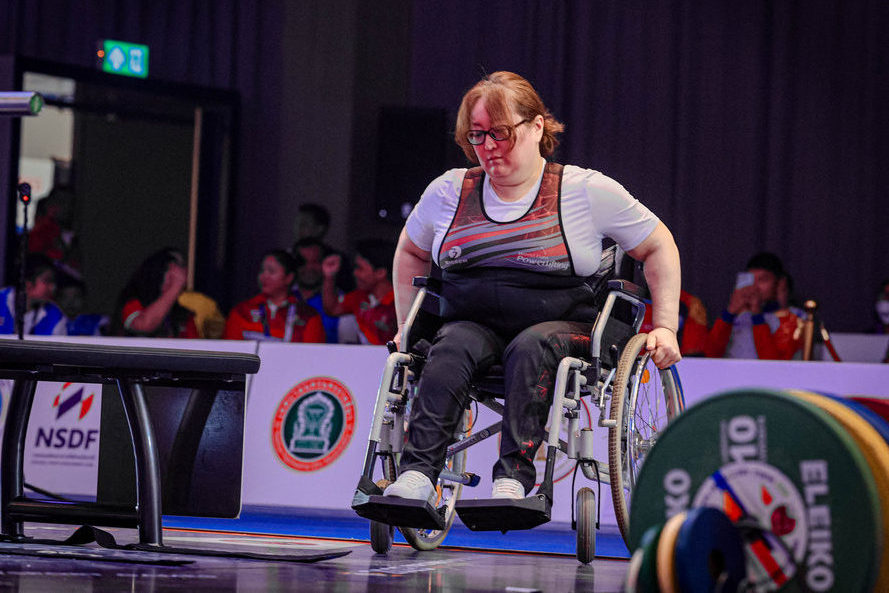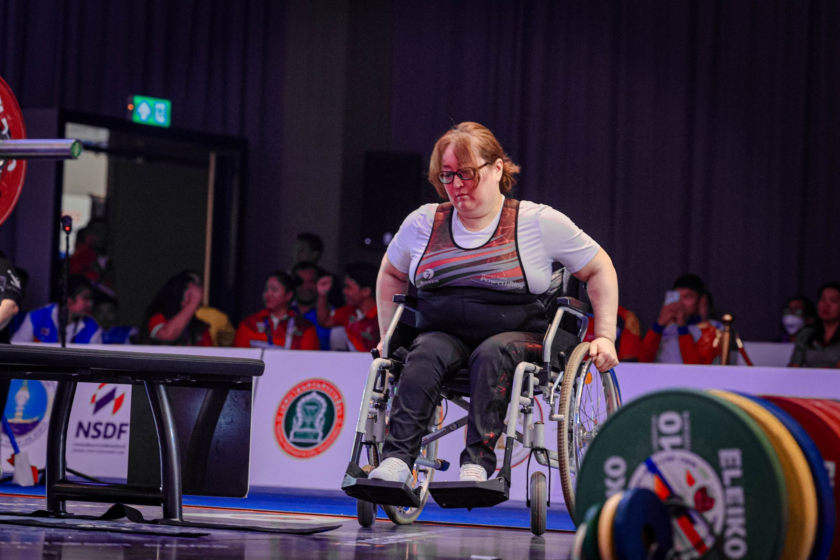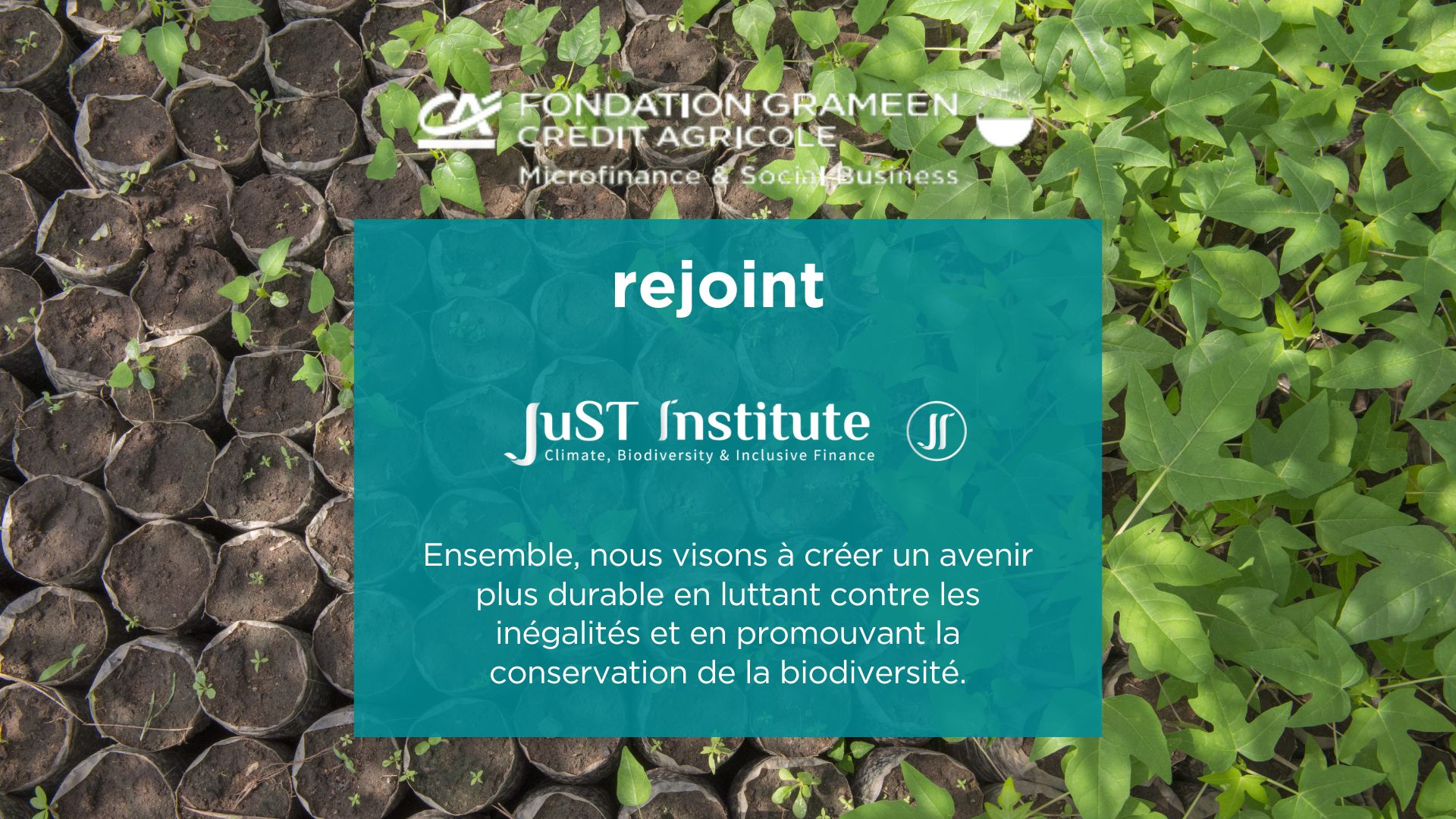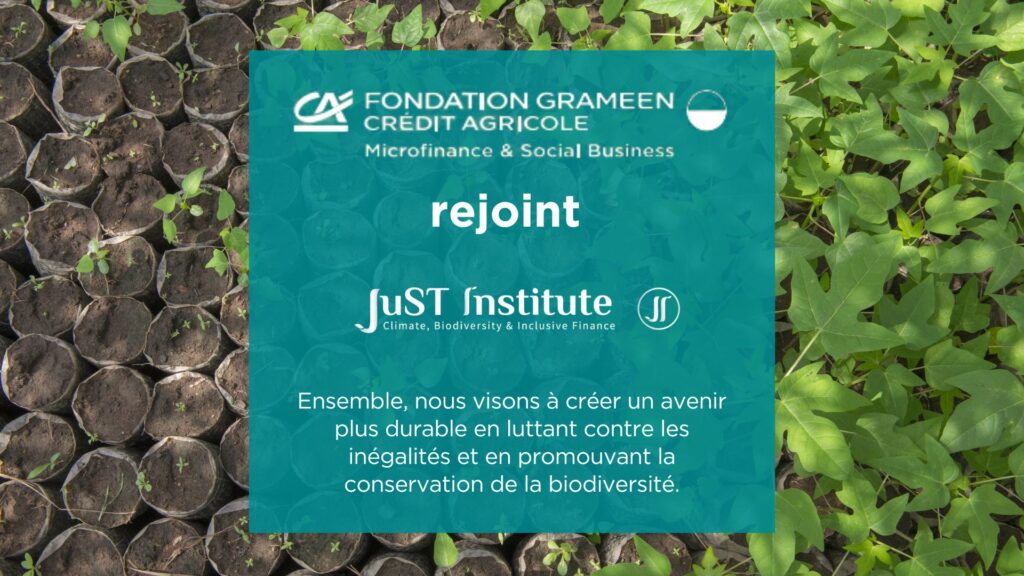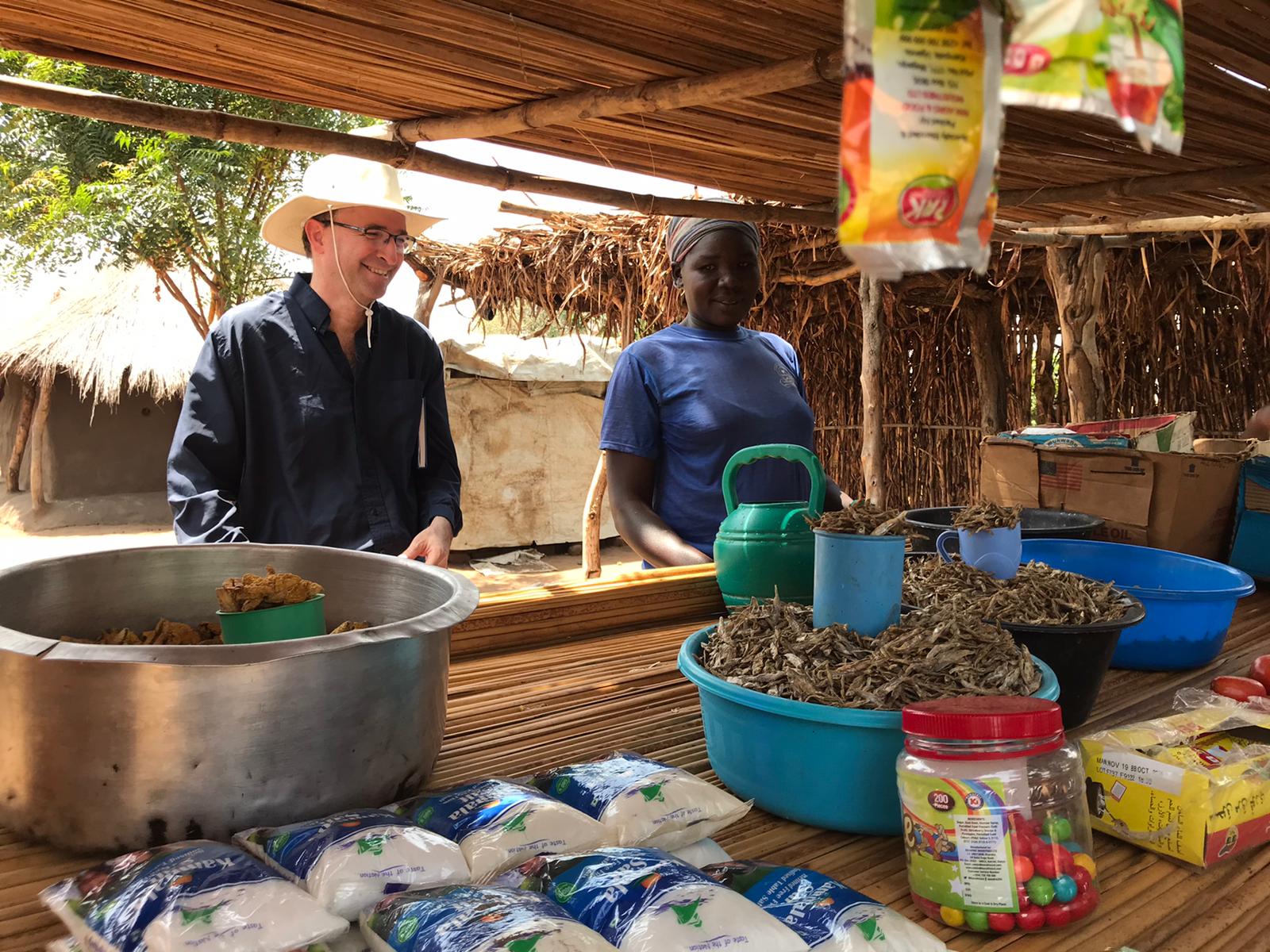
Photo credit: Didier Gentilhomme
By Micol Pistelli, UNHCR and Philippe Guichandut, Grameen Crédit Agricole Foundation
- Micol Pistelli is responsible for financial inclusion at UNHCR.
- Philippe Guichandut is Secretary General of the Grameen Crédit Agricole Foundation.
With more than 1.7 million refugees and asylum seekers Within its borders, Uganda hosts the largest refugee population in Africa and the fifth largest in the world. Although the country has a progressive regulatory framework conducive to the socio-economic inclusion of displaced persons, refugees still face barriers in accessing business loans and other financial and non-financial services. For microfinance institutions (MFIs), their limited understanding of the socio-economic conditions of refugees represents a major challenge, often leading them to view them as transients, dependent on humanitarian aid and lacking reliable documentation.
To help address these issues, five years ago the AIDS (Swedish cooperation), the UNHCR (United Nations High Commissioner for Refugees) and the Grameen Crédit Agricole Foundation have launched a blended finance program in Uganda, the first of its kind, based on the results of a market study carried out a year earlier. The program's distinctive approach combined donor contributions and investor capital in the refugee context. It included a Sida grant for technical assistance and operational support, technical and logistical support from UNHCR, and debt financing from the Grameen Credit Agricole Foundation to meet the liquidity needs of MFIs lending to refugees, as well as technical assistance oversight.
Some key lessons learned from this successful program
Despite launching under challenging conditions—COVID-19 was followed by strict lockdowns and food ration cuts that exacerbated refugees’ vulnerabilities—the program achieved high repayment rates, demonstrating that refugees are reliable borrowers. With over 130,000 clients from both refugees and host communities, portfolio quality (PAR 30) showed no major differences between the two groups.
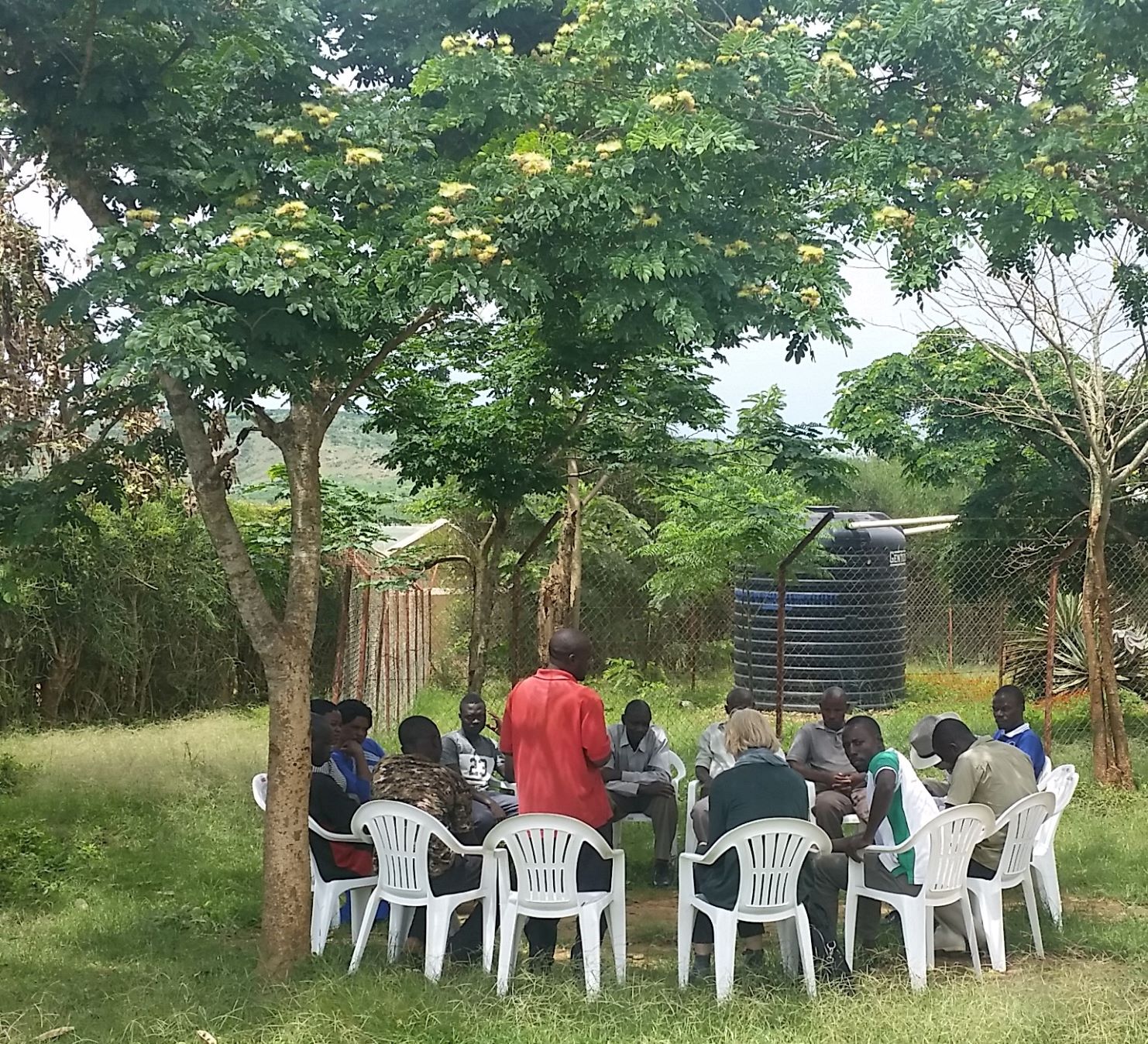
Photo credit: Didier Gentilhomme
Rates have ranged from a high of 11 % during difficult times to a low of 3 % to date, with refugee rates sometimes even lower. Moreover, agencies located in refugee camps have become sustainable at the same rate as those located in other locations.
These positive results provide valuable lessons for structuring mixed finance programs for refugees.
-
Loan guarantees are not the solution
In markets with large displaced populations, loan portfolio guarantees—which provide protection against potential losses—are often the preferred mechanism for development banks and donors to encourage MFIs to lend to refugees, and this is an option we considered before launching our program in Uganda. However, we decided against this approach for two reasons:
- The firsts Kiva data, dating from six years ago, showed that forcibly displaced people were as solvent as nationals
- We were concerned that guarantees would encourage MFIs to relax their credit assessments in favor of market expansion, which could have negative financial consequences for refugees and host community clients.
While attractive to MFIs, guarantees can have unintended consequences for clients. If MFIs relax credit assessments, client default rates are likely to increase. Refugees may take out unaffordable loans, creating cycles of over-indebtedness and financial instability and damaging their credit histories. Higher default rates can also reinforce the perception that refugees are inherently risky clients, limiting future access to loans and justifying the need to impose new guarantee schemes, creating a vicious cycle. Furthermore, loan guarantees can distort the financial landscape by favoring large MFIs, which tend to be able to access them, rather than fostering a more inclusive environment.
Our program results and high repayment rates suggest that loan guarantees were not necessary. Blended finance programs should instead focus on market-based incentives, which leads to the next lesson.
-
Implement market-friendly incentives
Market-based incentives aim to encourage MFIs' engagement with refugee clients. They can help MFIs overcome the logistical challenges of operating in refugee camps and explore innovative solutions, such as mobile banking and digital lending, which are particularly useful in remote areas. In Uganda, providing training proved important, as the success of the program depended on strengthening the capacity of MFIs to effectively serve refugee clients.
The market-friendly incentives in our program included funding to cover part of the costs for:
- Establishment of branches in refugee settlement areas;
- The purchase of equipment;
- The development of digital financial products;
- Production of marketing materials, such as brochures and leaflets in the language of refugees;
- Training to improve staff understanding of the unique challenges of refugees.
3Data on customer needs, behaviors and aspirations is essential
Another key factor in the program's success was the initial market assessment conducted six years ago, as well as subsequent studies conducted by participating MFIs, VisionFund and Ugafode.
VisionFund's assessment of 6,700 refugee members of existing savings groups revealed that these communities possessed sufficient financial capacity to be reliable clients, with access to daily and weekly markets in the camps, good network coverage, mobile money agents, and entrepreneur groups. The market assessment also showed that the refugees' "flight risk" was greatly overestimated. Most refugees had no intention of returning to their home countries or settling elsewhere, and were primarily seeking to achieve economic independence. Our program confirmed this finding, as the few cases of resettlement did not have a significant impact on portfolio quality.
These studies provided critical insights into the financial behaviors and aspirations of refugees in Uganda, revealing that there was no need to develop refugee-specific financial products. Instead, MFIs needed to adapt their existing products and procedures to make them more accessible to refugees.
-
Existing products can be made more accessible to refugees
Although the program did not highlight the need for refugee-specific products, some modifications were necessary to make existing products more accessible:
- Adjusting internal policies and procedures to accept refugee ID cards for KYC compliance
- Updating Management Information Systems (MIS) to monitor the refugee segment
- Increased flexibility in terms of guarantee requirements
- Training frontline staff on how to expand services to this new segment
VisionFund introduced the FAST (Finance Accelerating Savings Groups Transformation) product, which provides loans to savings groups without requiring traditional collateral. Instead, the groups' collective savings were used as collateral, making the product more accessible to refugees. Similarly, UGAFODE has adapted its loan products, such as the “Smart Woman Loan” and the “VSLA Loan,” to offer flexible collateral, which has helped refugees, especially women, access financial services.
The initial market research also highlighted the importance of non-financial services, such as financial literacy training, digital finance, and business development, for refugees with limited experience in formal financial systems. These services were delivered in partnership with NGOs and local refugee organizations.
Collaborate to ensure MFIs are ready to welcome refugees
Drawing on our experience in Uganda, we argue that guarantees should not be the primary incentive for MFIs to serve refugees. While guarantees can be useful for targeting specific sub-segments, such as SMEs or start-ups in riskier markets, whether or not they are refugee-run, a different approach is needed to make MFIs “refugee-ready.”
To this end, donors, development banks, humanitarian agencies, and investors should collaborate to create blended finance schemes that prioritize understanding the socioeconomic conditions of refugees. These programs should provide market-friendly incentives by supporting market research and covering a portion of MFIs' initial operational costs related to providing services to refugees.
Our program's partner MFIs continue to expand their reach to refugees and host communities. We hope to conduct an impact study on financial outcomes for the target population beyond the results presented in this blog.
_____________________________________
To find out more:
The United Nations High Commissioner for Refugees (UNHCR) is mandated by the United Nations to coordinate international action for the protection of refugees. The organization provides essential assistance, helps guarantee fundamental rights, and develops solutions aimed at the well-being of its target populations. UNHCR works in 128 countries on behalf of 74.1 million people.
//www.unhcr.org/ / @Refugees
The Swedish International Development Cooperation Agency (Sida) is an agency working on behalf of the Swedish parliament and government with the mission of reducing global poverty. Through its activities and in cooperation with other stakeholders, it contributes to the implementation of Swedish international development policy. The agency is present in 35 countries in Africa, Asia, Europe, and Latin America.
www.sida.se / @Sida


